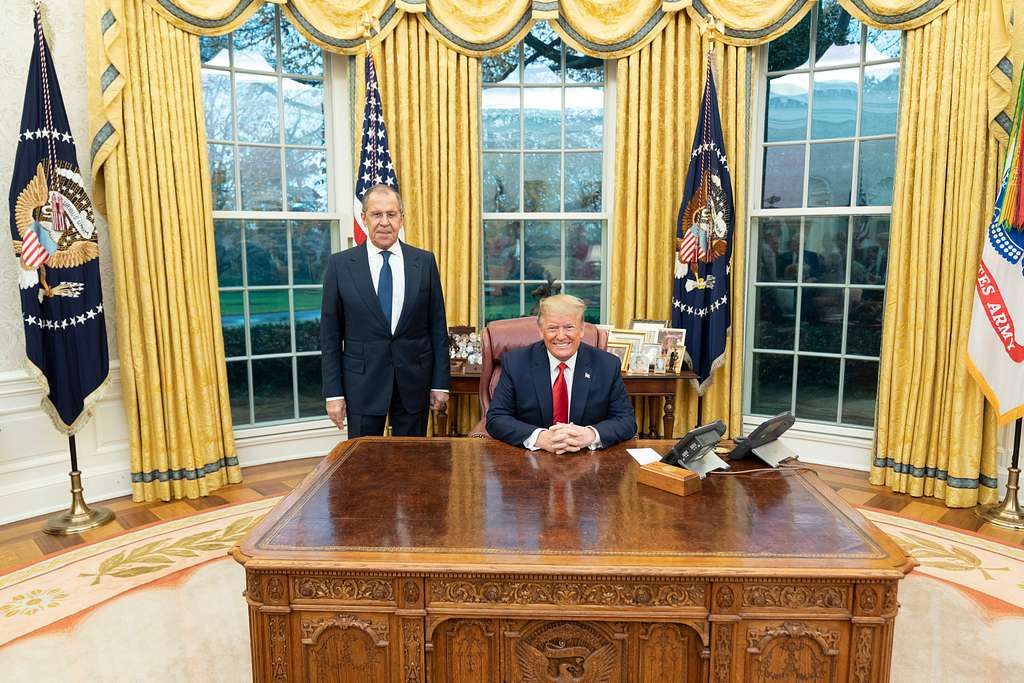The Worldwide Increase in Hate Crimes: An Emergency Task

Driven by racial, ethnic, religious, and cultural prejudices, hate crimes are on increase all over. Ongoing conflicts, political tensions, and socioeconomic inequalities have aggravated this concerning trend of violence and discrimination that has shown itself in many different forms.
Rising Incidents and Underreportability
Hate crime frequency has increased in various nations. Particularly in light of geopolitical events like the Israel-Hamas war, civil rights organizations both in the United States and Europe have recorded notable rises in antisemitic and Islamophobic attacks. Notwithstanding this, many events go unreported, therefore hiding the actual scope of the issue.
Elements Driving Hate Crimes
Many elements help to explain the increase in hate crimes:
Conflicts and political divides like those between Israel and Hamas often find their way into diaspora populations, inspiring violence and discrimination.
2. **Elections and Political Rhetoric:** Political rhetoric and electoral campaigns often aggravate latent society tensions, hence fueling more violence along racial and religious lines. Hate crimes have surged in nations including India, the United States, and some of Europe during election times.
Economic instability and inequality can raise community tensions; underprivileged people are sometimes used as scapegoats for more general society problems.
Local Variations
Though they are a worldwide problem, hate crimes show different forms depending on the area:
Driven by political polarizing and the rebirth of nationalist organizations, hate crimes against racial and religious minorities have increased in North America and Europe.
Countries including India and Pakistan have seen religiously motivated violence, usually worsened by political dynamics and socioeconomic duress.
Often linked to more general geopolitical challenges, ethnic and religious conflicts in Africa and the Middle East still drive violence and discrimination.
Effect on society
Rising hate crimes have broad effects.
Psychological trauma suffered by victims and their communities might impede social cohesiveness and communal resilience.
Hate crimes can cause economic marginalization of impacted people, therefore limiting their access to jobs, education, and other possibilities.
Rising hate crimes support societal disintegration, hence erasing confidence and collaboration both inside and between societies.
Handling the Task
To counteract the increase in hate crimes, all-encompassing plans are needed.
Governments have to put strong anti-hate crime legislation into effect and enforce them to guarantee that offenders are held liable.
By means of communication and education, building strong, inclusive communities helps to lessen the social gaps that support hate crimes.
The recovery and empowerment of victims depend on receiving sufficient support services like psychiatric counseling and legal aid.
Dealing with hate crimes calls for a coordinated worldwide endeavor to distribute best practices, assist afflicted areas, and solve the underlying causes of violence and discrimination.
Rising hate crimes are a serious worldwide problem needing quick attention and response. Understanding the fundamental causes and putting thorough answers into practice would help society move toward a more inclusive and peaceful future.







